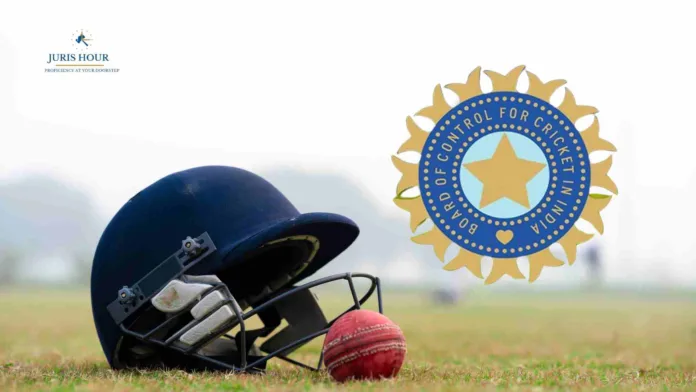In a significant relief for the Board of Control for Cricket in India (BCCI), the Bombay High Court has set aside an Income Tax Department communication that questioned the board’s tax-exempt status.
A bench comprising Justices M.S. Sonak and Jitendra Jain found that the ITAT had overstepped its jurisdiction by commenting on the case’s merits after declaring BCCI’s appeal non-maintainable.
While the court refrained from ruling on the merits of the communication itself, it held that the Income Tax Department lacked the authority to issue such an advisory or non-statutory order. It clarified that any decision regarding BCCI’s tax-exempt status must follow the proper statutory process, not an advisory letter.
The dispute originated from the department’s claim that BCCI’s failure to inform authorities about amendments to its Memorandum of Association in 2006 and 2007 led to an automatic loss of its tax exemption.
BCCI, registered under the Tamil Nadu Societies Registration Act, 1975, was initially granted tax exemption as a charitable institution for promoting sports. However, the department argued that the amendments facilitated commercial activities, particularly related to the Indian Premier League (IPL), thus altering the board’s core objectives.
Challenging this stance, BCCI approached the Income Tax Appellate Tribunal (ITAT), followed by an Income Tax Appeal and a Writ Petition before the High Court, asserting that the amendments did not deviate from its primary goal of sports promotion.
Earlier, the ITAT had ruled that the advisory letter did not amount to an official order of cancellation but noted that the tax exemption could not automatically extend to the amended objectives.
Representing the tax authorities, Advocates P.C. Chhotaray and Suresh Kumar argued that the communication neither canceled nor withdrew BCCI’s registration. Instead, it merely informed the board that its registration, based on its original objectives, ceased to exist following the amendments.
Chhotaray further contended that BCCI had violated its undertaking to inform the Director of Income Tax (Exemptions) about the changes. Consequently, the DIT simply conveyed the implications of amending the objectives, including the non-survival of registration.
The court directed tax authorities to assess BCCI’s tax status independently, without relying on the contested communication.
Case Details
Case Title: The Board of Control for Cricket in India Versus ACIT
Case No.: Income Tax Appeal No.1041 Of 2012
Date: 18/02/2025
Counsel For Petitioner: P J Pardiwalla, Senior Advocate
Counsel For Respondent: P C Chhotaray a/w Mr. Suresh Kumar
Read More: NIDB Data Can’t Be The Basis For Enhancement Of Value: CESTAT





